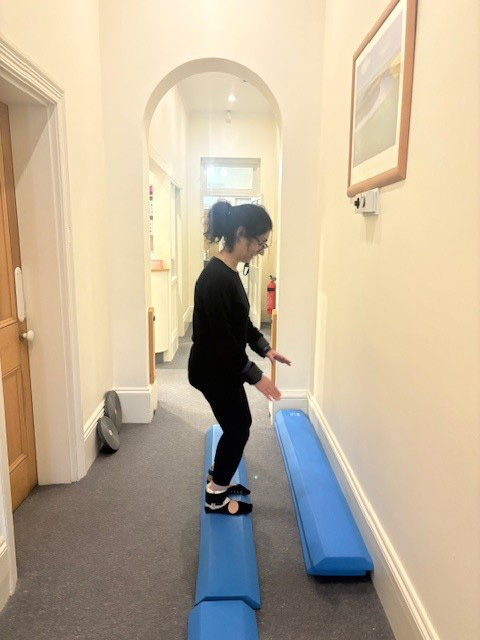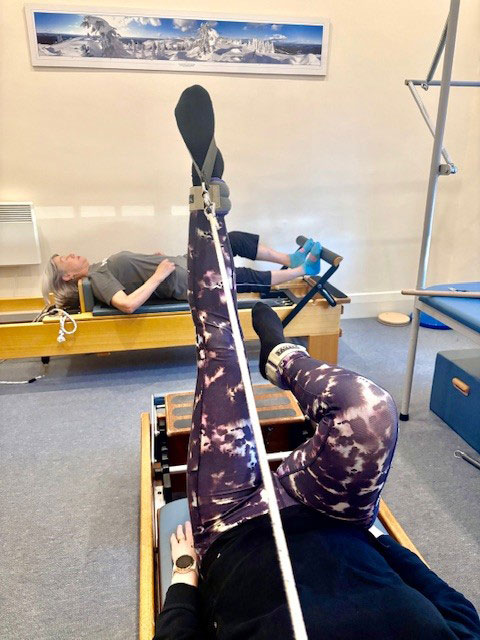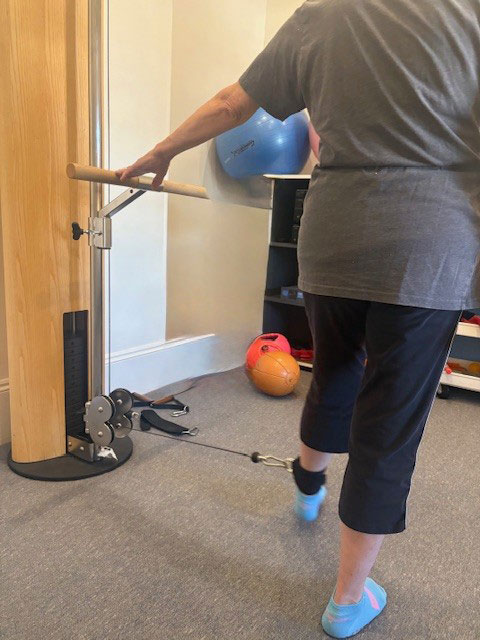Musculoskeletal physiotherapy Adelaide
Relieve pain, restore movement & build confidence for life
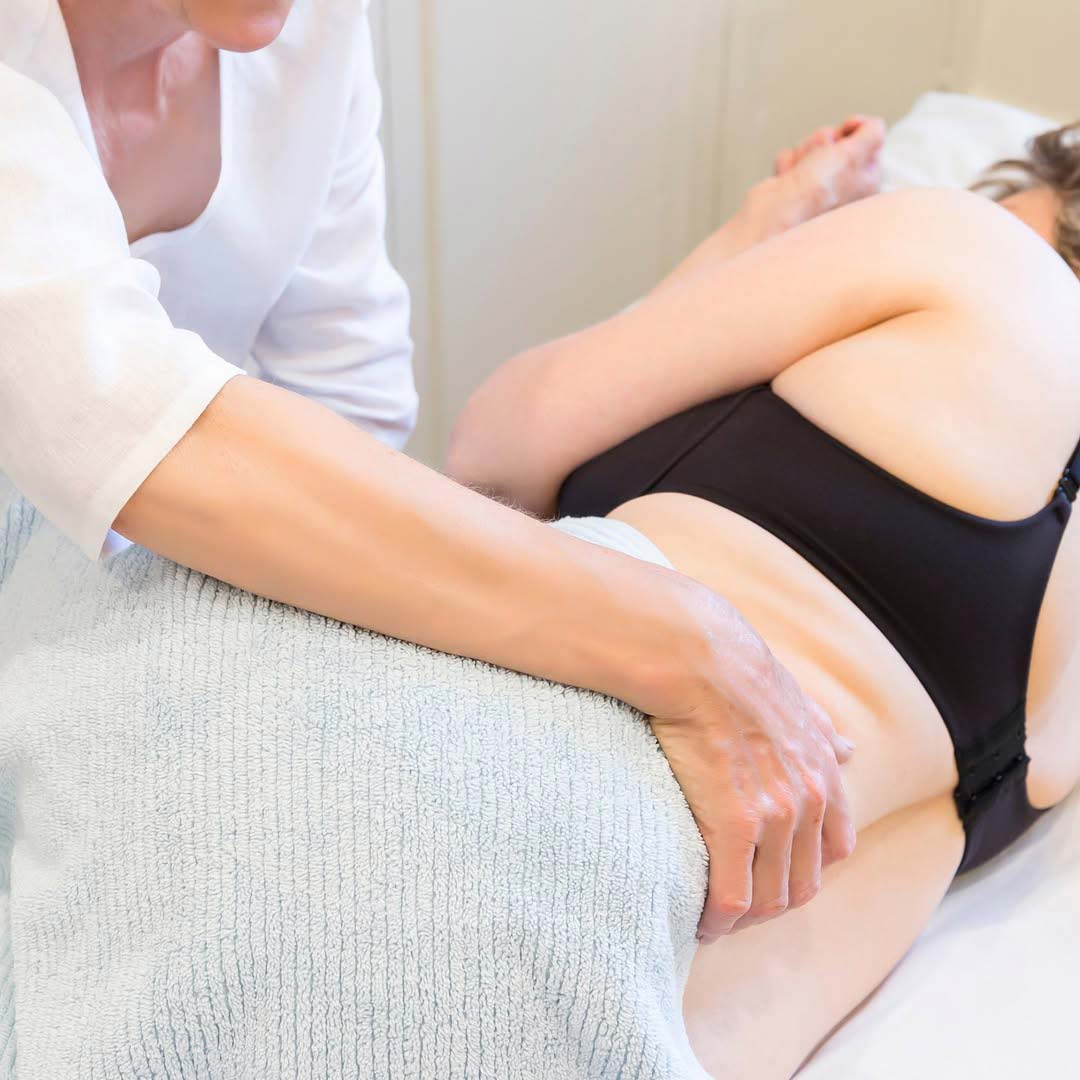
Send an enquiry
Call 08 8443 3355
Our exercise classes
Our musculoskeletal physiotherapy services
Musculoskeletal physiotherapy helps when pain, stiffness, or weakness gets in the way of work or exercise. We listen first, ask what you want to get back to, then examine gently and explain what we notice. Treatment blends hands-on care, movement coaching, and exercise physiotherapy you can use between visits. We teach flare-up strategies such as pacing, positions, simple self-care, and set small steps you can repeat, checking progress so change feels steady. When applicable, we coordinate with pelvic health physiotherapy to ensure your plan aligns.
Common areas include neck, back, shoulder/shoulder blade, elbow, wrist and thumb, abdomen and pelvis, hips and knees, calves, ankles and toes. During pregnancy and postnatal, we adapt positions and loads so staying active feels safe.
You will see the same physiotherapist for continuity. Dry needling is optional and offered with your consent. Sessions take place in our private treatment rooms at our Lockleys clinic which has on-site parking with easy access.
Frequently asked questions about our Adelaide musculoskeletal physiotherapy services
On this page
What is the meaning of musculoskeletal?
What does musculoskeletal physiotherapy involve?
What are the musculoskeletal physio treatment options?
What are the common musculoskeletal conditions treated in the physio clinic?
What is the meaning of musculoskeletal?
Musculoskeletal refers to muscle, tendon, fascia, joint, ligament and nerve tissue. Injuries to these soft tissues can result in one or more of the following occurring:
- Muscle fibre and tendon tears or sprains
- Joint inflammation and ligament strain
- Pinching or pressure on nerves
Symptoms of pain, swelling, numbness, pins and needles and weakness may be experienced in the soft tissues injured. The symptoms may also be referred to other parts of the body some distance from the site of tissue upset. What follows is loss of function in one or many parts of the musculoskeletal system.
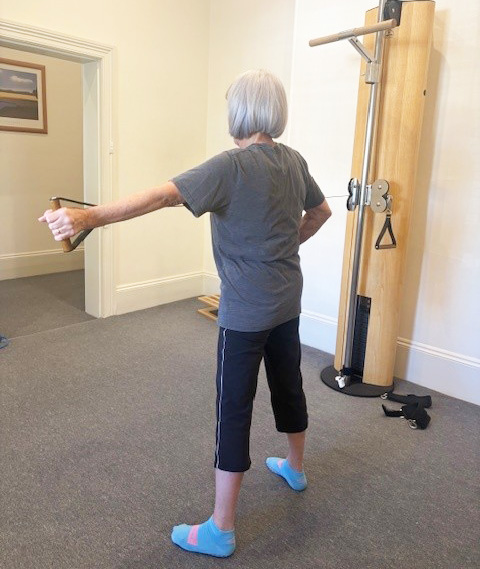
What does musculoskeletal physiotherapy involve?
The physiotherapist will begin by asking you a number of questions related to your symptoms, physical activity, type of work, general health, pain level and how and when your pain or other symptoms began.
A clinical assessment will then occur with the physio examining your range of movement, feeling muscle, joint and nerve tissue to get an idea on what the musculoskeletal diagnosis could be. This may not always be straight forward when your condition has been going on for some time and/or involves large areas of your body.
Based on examination findings, your treatment plan will be discussed with you. The skills of the physiotherapist will determine the first course of treatment action that is right for you. They will explain how the treatments should be progressed to get you back to optimal health, gain the return of functional movement and be symptom free. Your involvement in the treatment plan is very important and will assist you in managing your condition during the specified treatment time and beyond.
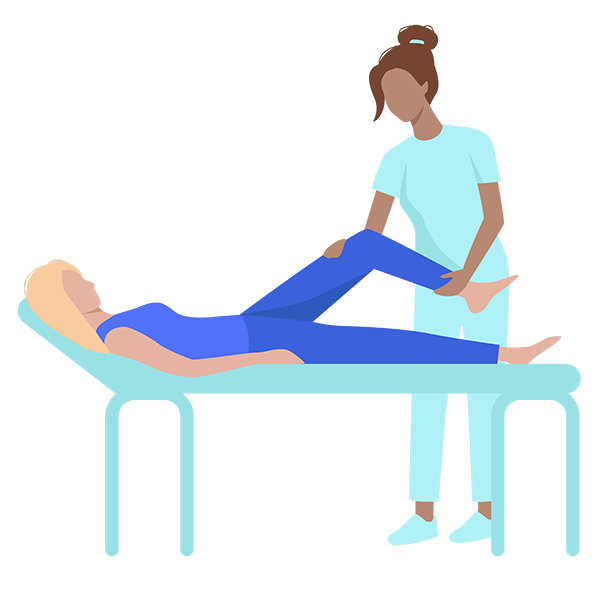
What are the musculoskeletal physio treatment options?
Firstly, manual therapy or hands on treatment by the physio may include a variety of massage techniques, along with joint and soft tissue mobilisation to regain flexibility of tight tissues and reduce pain and stiffness.
Prescribing specific exercises for the home, gym or work situation is often a vital treatment option, with the exercise/s being trialled in the clinic setting, along with instructions given.
Further treatment options may be therapeutic ultrasound, dry needling, taping and fitting or recommending splints, braces and SRC support garments.
The physiotherapist will also help a woman improve her awareness of movement and postural patterns relevant to her home, work, gym or sport activity. This gain in awareness will assist a healthy return of function that is appropriate for each woman.
Commencing a combined mat and equipment exercise program in the Physio Exercise Clinic may be the final treatment option for specific women. These women are keen to enhance their core activation with selected and safe loading activity, whilst improving their general body strength and flexibility.
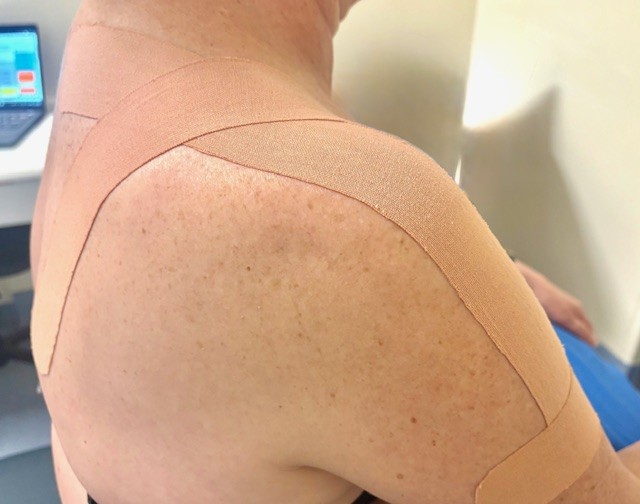
What are the common musculoskeletal conditions treated in the physio clinic?
At Physiotherapy for Women, our physiotherapists have developed the skills to assess and treat a broad range of musculoskeletal conditions presenting in any stage of a woman’s life.
Examples of these many conditions are listed as follows:
Neck pain/stiffness, headaches, wry neck, whiplash and associated arm symptoms
Tennis and Golfers elbow (epicondylitis)
Carpal tunnel syndrome, wrist and finger pain/tingling/numbness
Thumb/wrist pain, De Quervain’s tenosynovitis
Shoulder blade pain, mid back (thoracic) pain/stiffness, rib pain
Shoulder pain/stiffness/arthritis, rotator cuff pain and muscle tears
Low back (lumbar) pain/stiffness, lumbar disc bulges, sciatica, pelvic girdle pain, sacroiliac joint pain, pubic symphysis pain/diastasis, coccyx pain/coccydynia
Hip joint/groin/thigh pain/stiffness/arthritis, buttock muscle/gluteal pain
Knee pain/stiffness/arthritis, patellofemoral (kneecap) pain/arthritis, hamstring cramps/pain, Baker’s cyst pain
Heel pain (Plantar Fasciitis), foot/ankle sprains, calf cramps
Rectus abdominis diastasis (DRAM)
Weak core and pelvic floor muscles
In providing over 20 years of musculoskeletal physiotherapy to women, we have years of clinical experience and training to be able to relieve your discomfort safely and efficiently
Our physiotherapy services in Adelaide
We offer extensive women’s health physiotherapy and pelvic health physiotherapy services in Adelaide. Learn how we can help and what to expect in each service.
Our physiotherapy exercise classes in Adelaide
We offer physiotherapy-led exercise classes in Lockleys. See who each class suits, how it runs, and how to join.

